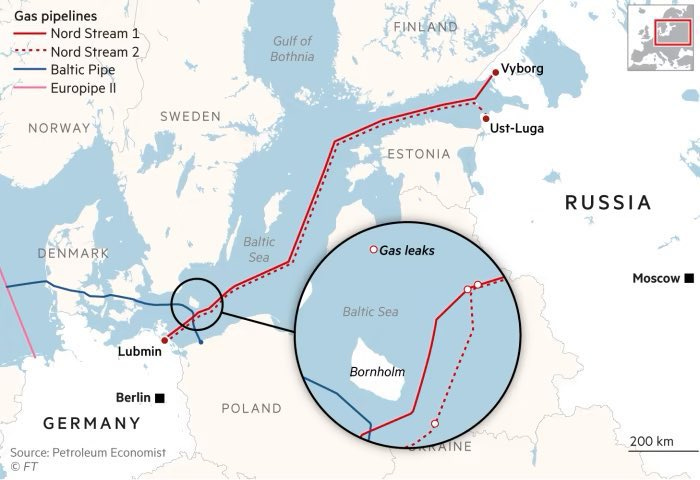Decades in Minutes
“I believe we are on an irreversible trend toward more freedom and democracy - but that could change.” – Dan Quayle
For most people, 9/11 became “9/11” when the second plane hit. For the unfortunate souls on the hijacked planes that morning, the event began much earlier, of course. For the rest of the world, reality was suspended in the 17 minutes between the first and second crashes while confusion and speculation reigned. Early reports indicated it was a small plane that flew into the North Tower. Many assumed it must have been an accident.
Then, when United Airlines Flight 175 crashed into the South Tower in broad daylight as millions watched on live television, the wave function of probabilities instantly collapsed into a horrible point source of certainty: these were deliberate acts. The geopolitical ramifications of 9/11 were enormous and do not need to be repeated here except to acknowledge that it set off several destructive wars, led to the formation of oppressive surveillance states in the West, and undoubtedly deteriorated our way of life.
On Monday of this week, a similar sequence of headlines shook the energy world in a profound way. While few events can compare to 9/11, what transpired on September 26, 2022, will have enormous implications – both economic and humanitarian – and adds an accelerant to a fire that was already dangerously hot.
News initially broke that Nord Stream 2, a newly constructed natural gas pipeline connecting Russia to Germany under the Baltic Sea, had suffered a catastrophic loss of pressure. At first, the importance and meaning of the event were unclear. Although construction was completed many months ago, the new pipeline had been caught up in the sanctions war resulting from Russia’s invasion of Ukraine and was never actually put into service. Twitter and the various chat rooms we participate in were filled with speculation. Perhaps it was a design flaw or an accident? A faulty reading?
Hours later, it was reported that its sister pipeline Nord Stream 1 – a parallel system to Nord Stream 2 that has been a critical global energy artery for a decade – had also suffered serious damage. As with the destruction of the Twin Towers, it became immediately clear the attack on these twin pipelines was deliberate (emphasis added throughout):
“Two undersea leaks that began in the Russian-owned Nord Stream gas pipelines on Monday were likely caused by powerful underwater explosions, according to Swedish and Danish seismographic data.
It is ‘very clear from the seismic record that these are blasts,’ Björn Lund, director of the Swedish National Seismic Network at Uppsala University told NPR in a phone interview. ‘These are not earthquakes; they are not landslides underwater.’
German and Danish officials said both the Nord Stream 1 and Nord Stream 2 pipelines showed sudden losses of pressure late Monday, which they said could only be caused by a leak from large holes in the pipelines.”
While the enormous consequences of this act of sabotage were directly apparent around the Coop, the Wall Street Journal was busy downplaying the implications of the event itself and fretting about the climate impact of the resulting gas leak:
“The incidents have no impact on Europe’s gas supply because both links aren’t currently in use. Germany halted the Nord Stream 2 pipeline in February over Russia’s aggression in Ukraine, while Moscow this month indefinitely stopped flows via Nord Stream. Experts, however, said the gas leaks could damage the climate.”
Naturally, we have a slightly different view. Let’s dig in.


